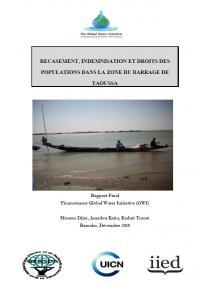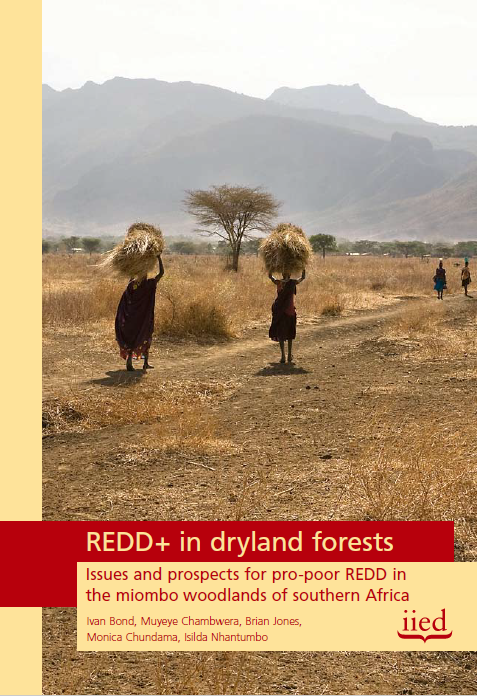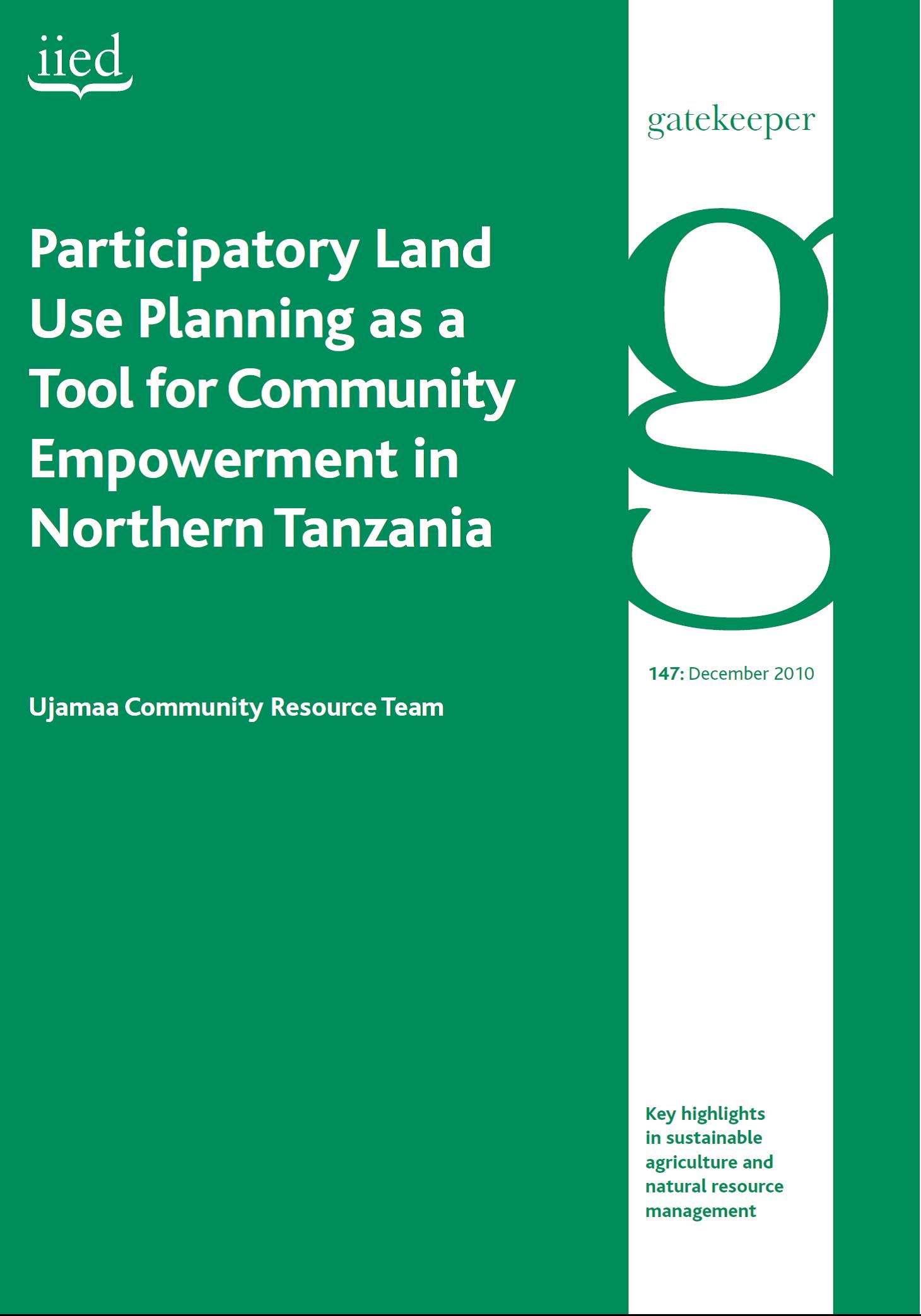Focal point
Location
Mission
Our mission is to build a fairer, more sustainable world, using evidence, action and influence in partnership with others.
Who we are
IIED is one of the world’s most influential international development and environment policy research organisations. Founded in 1971 by economist Barbara Ward, who forged the concept and cause of sustainable development, we work with partners on five continents. We build bridges between policy and practice, rich and poor communities, the government and private sector, and across diverse interest groups. We contribute to many international policy processes and frameworks, including the Intergovernmental Panel on Climate Change, the Millennium Ecosystem Assessment and the UN conventions on climate change and biological diversity.
What we do
IIED carries out research, advice and advocacy work. We carry out action research — generating robust evidence and know-how that is informed by a practical perspective acquired through hands-on research with grassroots partners — and we publish in journals and maintain high research standards. We advise government, business and development agencies, and we argue for changes in public policy. We focus on bottom-up solutions, stay open to flexible, adaptable solutions and are marked by a tradition of challenging conventional wisdom through original thinking.
Resources
Displaying 276 - 280 of 367Recasement, indemnisation et droits des populations dans la zone du barrage de Taoussa (Mali)
La présente étude, réalisée sur les conditions de déplacement des populations dans le contexte du project d'amenagment de Taoussa, entend analyser la nature du « contrat social » entre l’Etat et les populations locales autour du barrage. Les modalités matérielles et le cadre juridique de leur recasement seront analysées en vue, d’une part, d’en apprécier l’efficacité, les acquis et les limites pour alimenter le débat sur le partage des bénéfices autour des barrages et, d’autre part, formuler des recommandations susceptibles d’influencer le processus dans l’intérêt de toutes les parties.
Resettlement, compensation and rights of local populations in the area of the Taoussa dam (Mali)
Document language:
French
Author(s):
Moussa Djiré, Amadou Keita, Kadari Traoré
REDD+ in dryland forests
For two reasons the miombo woodlands of eastern and southern Africa provide an important opportunity for developing pro-poor payments for avoided deforestation and degradation. Firstly, there is strong scientific evidence that the loss of woodlands is associated with a decline in livelihoods. Secondly, there are two decades of successful community-based natural resource management (CBNRM) in the miombo region.
Participatory Land Use Planning as a Tool for Community Empowerment in Northern Tanzania
This paper presents several case studies to show how the Ujamaa Community Resource Team (UCRT) has been working within Tanzania’s legal and policy framework to support a diverse range of pastoralists, agro-pastoralists and hunter-gatherers, all of whom face fundamental threats from external appropriation of, or encroachment on, lands and natural resources. The work also responds to local needs to rationalise resource use rights amongst competing local groups, such as farmers and livestock keepers.
Participatory Land Use Planning as a Tool for Community Empowerment in Northern Tanzania
This paper presents several case studies to show how the Ujamaa Community Resource Team (UCRT) has been working within Tanzania’s legal and policy framework to support a diverse range of pastoralists, agro-pastoralists and hunter-gatherers, all of whom face fundamental threats from external appropriation of, or encroachment on, lands and natural resources. The work also responds to local needs to rationalise resource use rights amongst competing local groups, such as farmers and livestock keepers.






